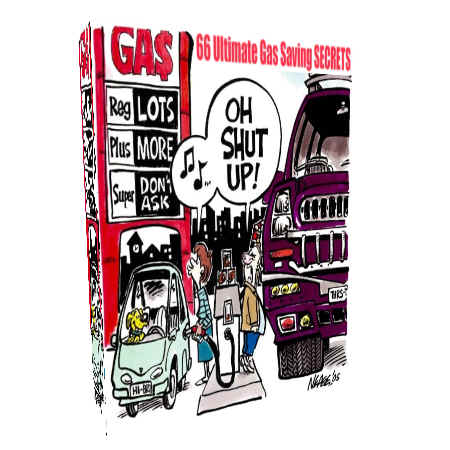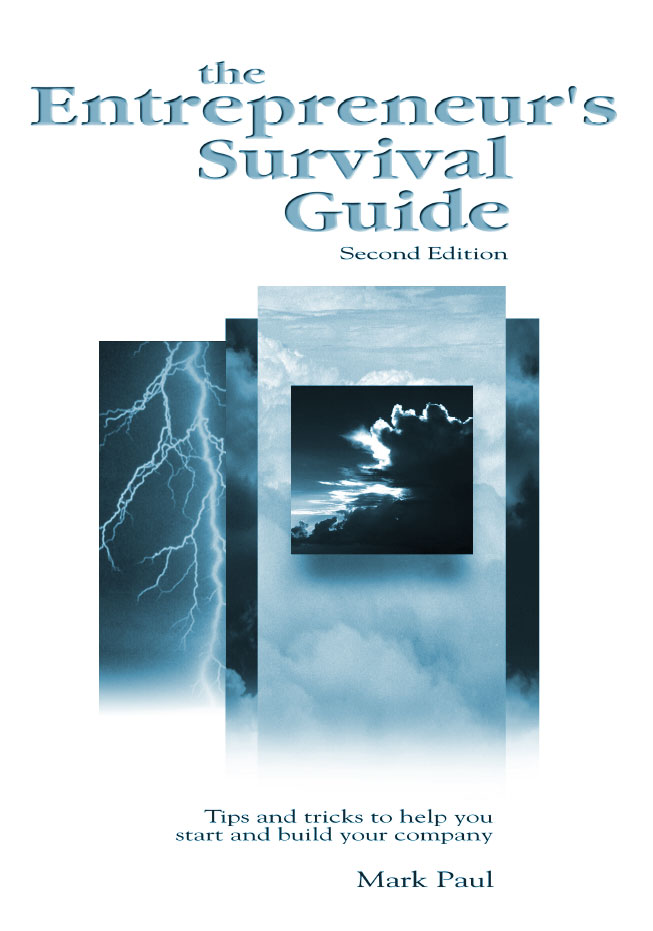Energy Independence
The 21st Century Energy Initiative
Sunday, January 28, 2007
The real problem?
The United States' free-market capitalist system is the best in the world. However, it has two built-in problems:
[1] With only a two-party system, ideas don't get vetted, they get polarized.
[2] With 2, 4, and 6 year election cycles, candidates don't talk about a 50-year vision*, they talk about things that help them get elected.
This situation focuses candidates on short-term, "arguable" positions... that get them elected, instead of dealing with real, long-term problems faced by U.S. citizens. It's the "way it is".
The only solutions to overcome these fundamental barriers to systemic energy (policy) improvement - is to have candidates who [a] reach out to the other political "side" - for real improvement, and [b] are capable of creating and communicating a long-term vision. Heaven forbid we actually [c] look to other parties** for lasting solutions to our difficult challenges!
Will real candidates please stand up***?
* For instance, of energy independence for our children and grand children.
** Take this quiz, and then see other political perspectives (centrists, statist, libertarian). Which rtuly aligns with your thinking?
*** How about a McCain / Obama ticket?
Labels: Political Inaction
Wednesday, January 24, 2007
The best we can do?
Please read the House bill "Creating Long-Term Energy Alternatives for the Nation Act", and determine for yourself if this will actually help US get there! My take? The title conveys a spot-on message, however it seems the Act is being used to tell voters "We're doing something." - when in fact, it limits U.S. oil companies' ability to compete on the global playing field, and really does nothing to encourage investment in renewable energy sources! Net result? Same as the 1980's WPT: U.S. oil companies will be at a disadvantage relative to foreign oil companies. This provides us another unintended (i.e., bad) long-term consequence, while seemingly doing soemthing in the short term. Not only that, it will have the effect of lost jobs, due to less investment money! The exact opposite of the Democrats' desires.
A better approach might be to ensure that *all* producers are equally affected - by imposing a consumer-inducement to reduce fuel, while investing proceeds in alternatives... and define how the money will be spent. (i.e., a free-market-based, VC-type Energy Independence Fund, perhaps?)
New direction?
From the State of the Union:
"Extending hope and opportunity depends on a stable supply of energy that keeps America's economy running and America's environment clean. For too long our nation has been dependent on foreign oil. And this dependence leaves us more vulnerable to hostile regimes, and to terrorists -- who could cause huge disruptions of oil shipments, and raise the price of oil, and do great harm to our economy.
It's in our vital interest to diversify America's energy supply -- the way forward is through technology. We must continue changing the way America generates electric power, by even greater use of clean coal technology, solar and wind energy, and clean, safe nuclear power. We need to press on with battery research for plug-in and hybrid vehicles, and expand the use of clean diesel vehicles and biodiesel fuel. We must continue investing in new methods of producing ethanol -- using everything from wood chips to grasses, to agricultural wastes.
We made a lot of progress, thanks to good policies here in Washington and the strong response of the market. And now even more dramatic advances are within reach. Tonight, I ask Congress to join me in pursuing a great goal. Let us build on the work we've done and reduce gasoline usage in the United States by 20 percent in the next 10 years. When we do that we will have cut our total imports by the equivalent of three-quarters of all the oil we now import from the Middle East.
To reach this goal, we must increase the supply of alternative fuels, by setting a mandatory fuels standard to require 35 billion gallons of renewable and alternative fuels in 2017 -- and that is nearly five times the current target. At the same time, we need to reform and modernize fuel economy standards for cars the way we did for light trucks -- and conserve up to 8.5 billion more gallons of gasoline by 2017.
Achieving these ambitious goals will dramatically reduce our dependence on foreign oil, but it's not going to eliminate it. And so as we continue to diversify our fuel supply, we must step up domestic oil production in environmentally sensitive ways. And to further protect America against severe disruptions to our oil supply, I ask Congress to double the current capacity of the Strategic Petroleum Reserve.
America is on the verge of technological breakthroughs that will enable us to live our lives less dependent on oil. And these technologies will help us be better stewards of the environment, and they will help us to confront the serious challenge of global climate change. "
Labels: Political Action, Political Inaction
Sunday, January 07, 2007
GM looking to produce "plug-in" by 2010!
GM is "bridging" their 1990's EV1 (electric car) to their fuel cell-based vehicles (AUTOnomy*) with a plug-in vehicle. Read The Economist to find out more. Just imagine... Using your fuel cell car to charge your home battery at night and power your office during the day. A total DG (distributed generation) solution!
Labels: Commercialization, Invest in the Future
Energy Efficiency Organization worth checking out!
Portland Energy Conservation, Inc. is addressing one of the critical elements of energy independence: Energy efficiency. In their own words:
"Advancing responsible energy use.
Since 1980, our passion for energy efficiency has driven us toward practical solutions. Inspired by the special challenges of the efficiency market and driven by our mission to help everyone use energy more effectively, we’ve assisted organizations such as the Northwest Energy Efficiency Alliance, the Energy Trust of Oregon, and the California Energy Commission in promoting energy-efficient practices and technologies that benefit both businesses and individual consumers.
We help our clients deliver long-term energy savings. We do it by helping transform markets through education and incentive programs that build demand for more efficient products and services."
Check them out, at www.peci.org!
Labels: Make a Difference, Real Solutions
Monday, January 01, 2007
Consider donating what you can!
This site is funded by readers like you. Please donate whatever you can to keep the truth about energy independence coming to you. Thank you.
Labels: Commercialization, Fuel versus food, Invest in the Future, Make a Difference, More important information



.jpg)







